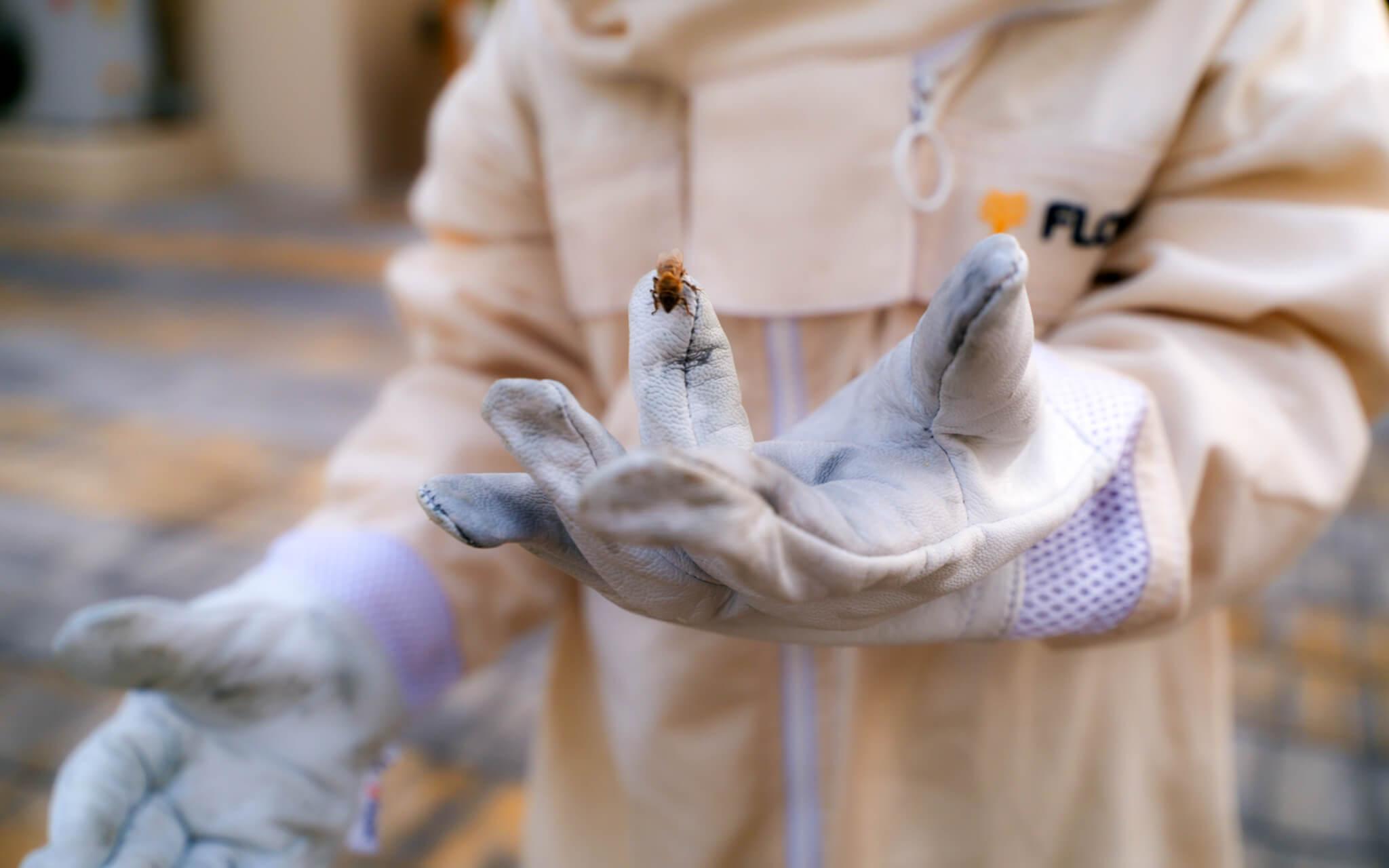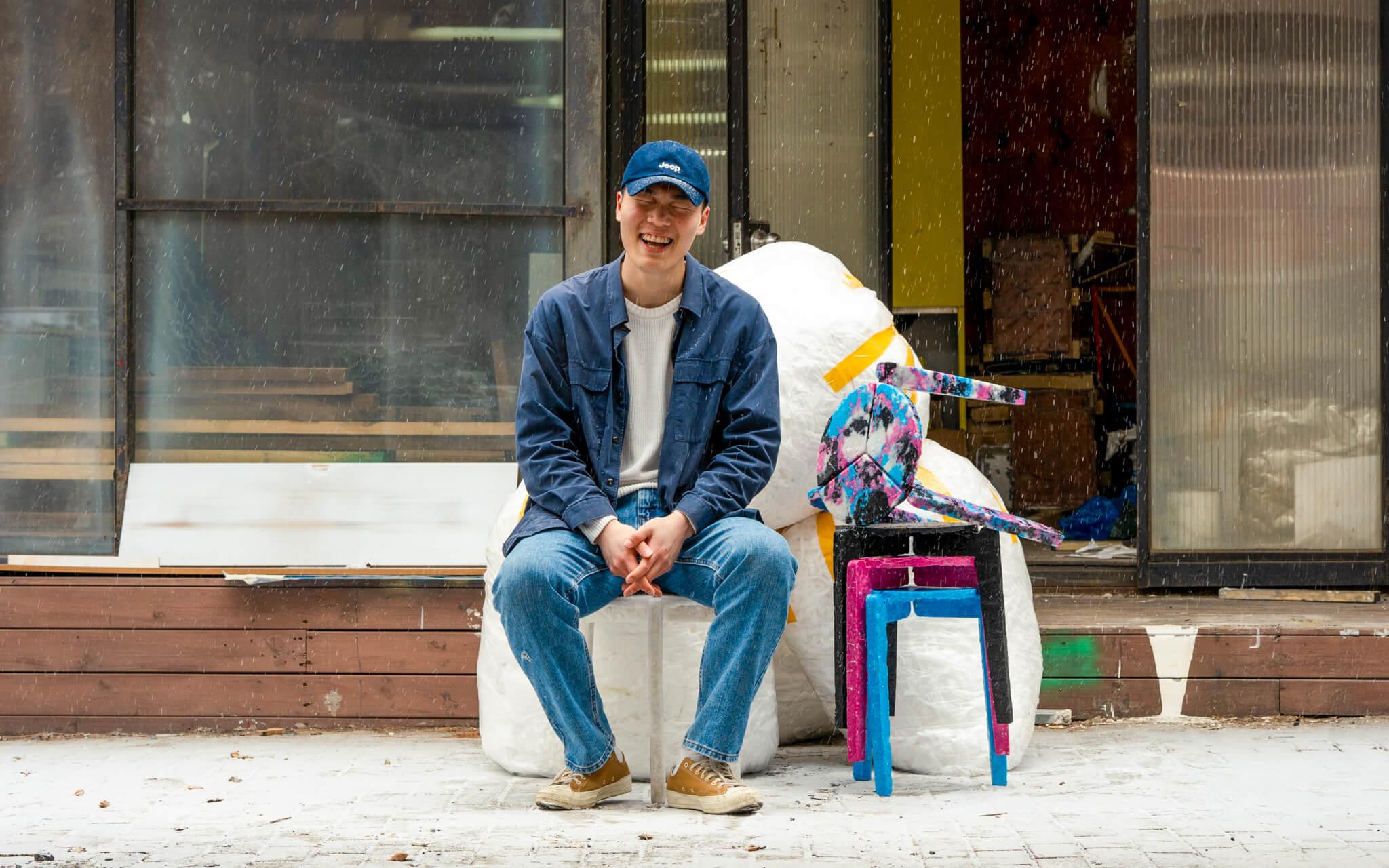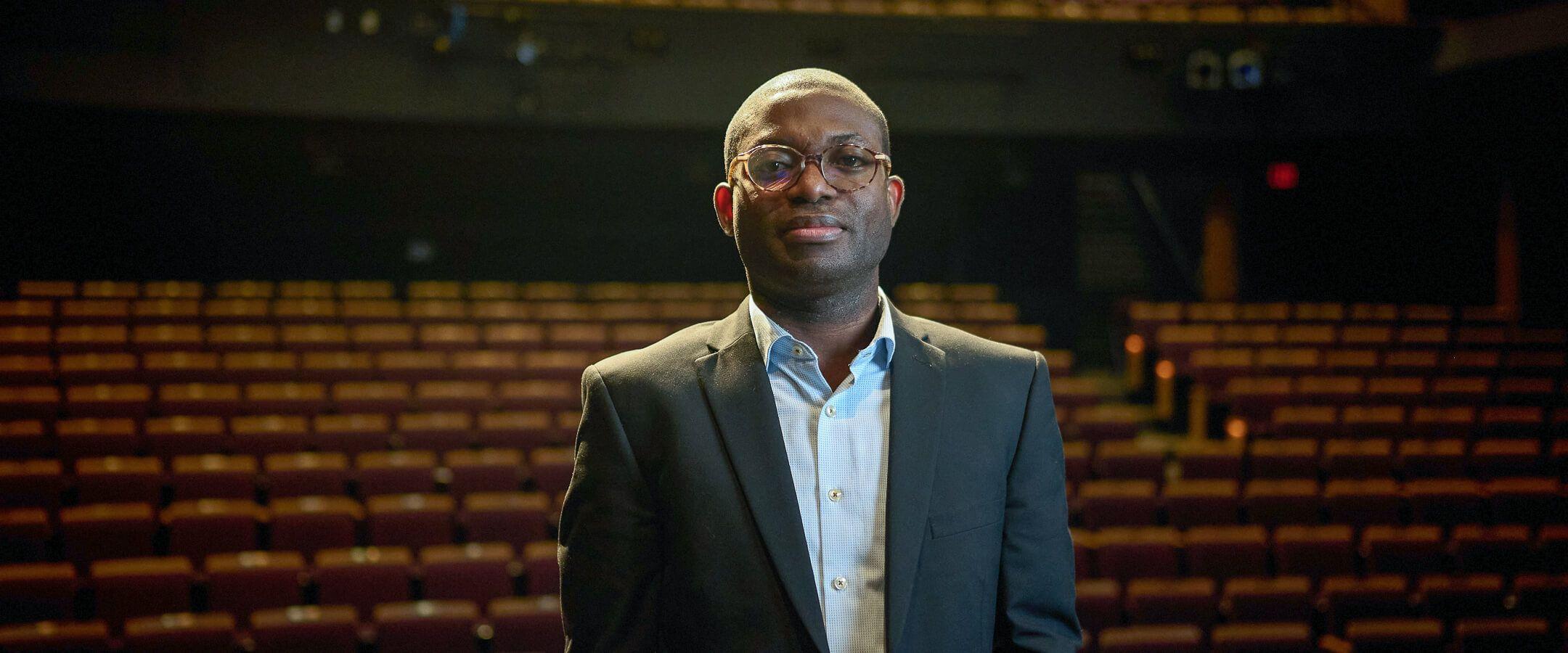The Artist's Eye on Eden
In the heart of ancient Mesopotamia, photographer-artist Meridel Rubenstein is crafting an unlikely masterpiece. Welcome to Eden in Iraq, where art and ecology intertwine to breathe new life into the critically endangered marshes of Iraq.
Nestled in Iraq's ancient marshlands, a remarkable transformation is underway. Where raw sewage has been flowing freely into the Euphrates River, a lush, culturally rich garden is taking root. This is Eden in Iraq, a project dedicated to providing clean water while preserving the Marsh Arabs’ vanishing way of life.
"I've been working as an artist for 50 years," Meridel Rubenstein muses from her beloved adobe home in New Mexico, "And from the very first day... I couldn't separate land from culture."
Meridel's artistic odyssey has spanned continents and causes. From New Mexico’s nuclear landscapes, she ventured to war-torn Vietnam, capturing ancient trees that survived a millennium of conflict in her "Millennial Forest" project. Next, her lens focused on environmental activists in Kenya and Madagascar, collaborating with luminaries like Wangari Maathai. Influenced by Buddhist teacher Thich Nhat Hanh, Meridel's work increasingly explored the intricate relationships between carbon cycles, climate change, and human activity.
This global perspective and spiritual underpinning set the stage for Eden in Iraq.
Eden in Iraq stems from a 2010 '60 Minutes' episode about an organisation called Nature Iraq, which was restoring Iraq's marshes after Saddam Hussein drained them in the 1990s. The Tigris and Euphrates rivers flank and cross at the marshes' eastern edge, a possible location for the historic Garden of Eden.
Coincidentally, at that time, Meridel was battling to preserve her family farm after the passing of her father. "I had been going through this myself, trying not to let my wetland be destroyed by neighbours. All these things came together. So I called up Nature Iraq in Sulaymaniyah."
Teaming with Nature Iraq and her neighbour, environmental engineer Dr. Mark Nelson, Meridel formed a team of experts to protect Iraq's natural environment and cultural heritage. Their goal? To clean the sewage of 8,000-10,000 people in El-Chibaish, the largest Marsh Arab city, while creating a public park that celebrates the region's rich heritage.
Using Wastewater Garden technology, a type of constructed wetland, the project harnesses the power of microbes and plants to transform wastewater into a valuable resource. It's a solution as elegant as it is effective, mirroring the natural processes that have kept our planet's ecosystems in balance for millennia.
Our job is to make people see that marshes are the kidneys of the planet, and they have to exist for all of us.
The ecological significance of this project is profound. The Mesopotamian Marshes, once the world’s third-largest wetlands, are vital carbon sinks and key biodiversity areas. As Meridel emphasises, "Our job is to make people see that marshes are the kidneys of the planet, and they have to exist for all of us."
Meridel’s artistic touch is evident in every aspect of the project. The garden will be a living artwork featuring locally significant design details, including reed structures, earthen brick, and ceramic tiles inspired by ancient cylinder seal patterns – preserving culture and addressing the community’s needs.
"There are a hundred dams outside of Iraq, circling Iraq," Meridel explains, outlining the challenges facing the Mesopotamian Marshes. Drought, sewage pollution, and poison from illegal fishing practices further force many Marsh Arabs to “roll up their reed houses" and flee.
There’s also the challenge of the local wildlife: Water buffalo broke through fences to feast on newly planted reeds.
Sadly, unauthorised waste dumping overwhelmed their carefully calibrated system and political shifts create obstacles. "We started out with enlightened ministers," Meridel recounts. "One wanted us to construct wetlands down the rivers. It was brilliant. And then he gets kicked out!" Each change in administration means rebuilding relationships and support from scratch.
Yet, Meridel and her team persist, fueled by creativity and collaboration. Her partnership with Jassim Al-Asadi, the project's in-country voice and managing director of Nature Iraq, is the bedrock of the initiative. Meridel's voice fills with admiration as she describes him: "He's an engineer who knows about water, and he's responsible for the restoration of the regreening of the marshes. But he's also a poet, and he sings and dances. He's a spirit born from the marshes."
As an artist directing an environmental project, Meridel brings a unique perspective. "My artist side senses a simple metaphor,” she reflects. ‘Out of waste, you grow a universe. And that's what we have to do. It's very Buddhist… poison into nectar."
This metaphor—transforming waste into a thriving ecosystem—is at the heart of Eden in Iraq. It's a powerful project capturing not just the technical process of wastewater treatment but the broader vision of revitalising a damaged environment and culture.
"As an artist, this is where I need to be," Meridel affirms.
Across distances, two organisations are cultivating a new garden—one where art, ecology, and human culture flourish together in harmonious coexistence.
Most Popular
The Climate Tribe delivers stories about Biodiversity and Conservation, Circular Economy, Food and Water , and how they intersect with climate.
Subscribe
Get the latest stories inspiring climate action around the globe straight to your inbox.






